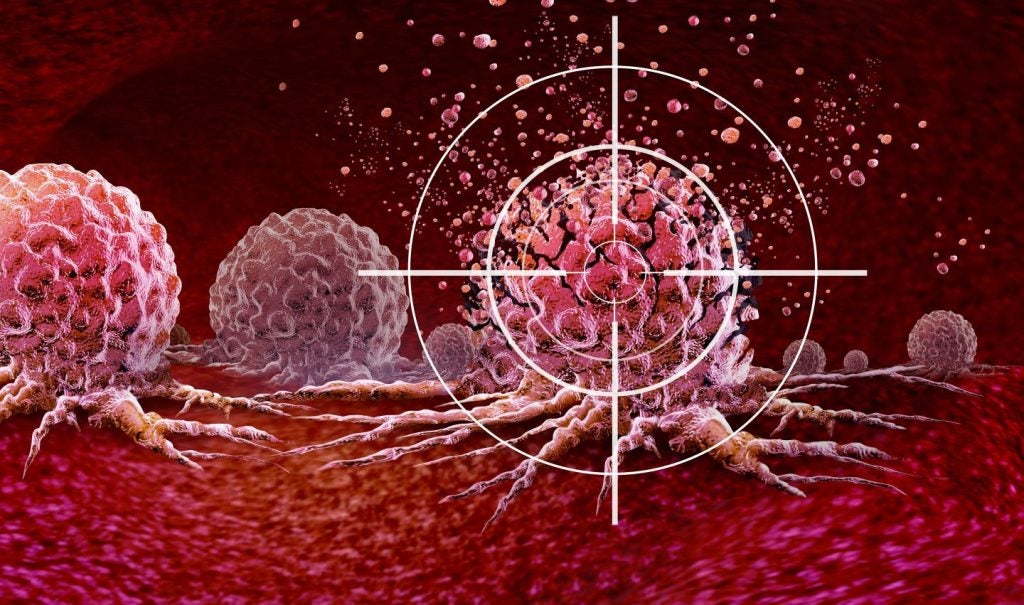Novel Protein Masking DAMPs is under clinical development by BioSeedin and currently in Phase I for Neuropathic Pain (Neuralgia). According to GlobalData, Phase I drugs for Neuropathic Pain (Neuralgia) have a 76% phase transition success rate (PTSR) indication benchmark for progressing into Phase II. GlobalData’s report assesses how Novel Protein Masking DAMPs’s drug-specific PTSR and Likelihood of Approval (LoA) scores compare to the indication benchmarks. Buy the report here.
GlobalData tracks drug-specific phase transition and likelihood of approval scores, in addition to indication benchmarks based off 18 years of historical drug development data. Attributes of the drug, company and its clinical trials play a fundamental role in drug-specific PTSR and likelihood of approval.
Novel Protein Masking DAMPs overview
The therapeutic candidate is under development for the treatment of dry eye disease, neuropathic corneal pain, and unspecified pain. It is a fusion protein administered through ophthalmic route as drops.
BioSeedin overview
BioSeedin, a subsidiary of Acrobiosystems Co., Ltd, is a financial advisory firm engaged in offering advisory, asset management and public relations services. The company is headquartered in Beijing City, Beijing, China.
For a complete picture of Novel Protein Masking DAMPs’s drug-specific PTSR and LoA scores, buy the report here.
Premium Insights
From

The gold standard of business intelligence.
Blending expert knowledge with cutting-edge technology, GlobalData’s unrivalled proprietary data will enable you to decode what’s happening in your market. You can make better informed decisions and gain a future-proof advantage over your competitors.







